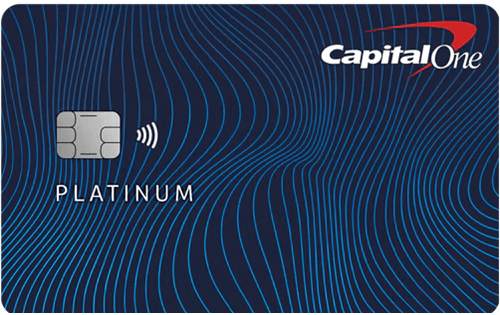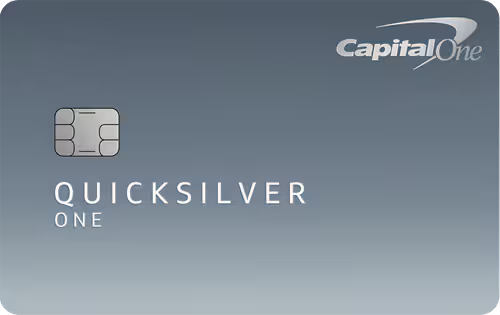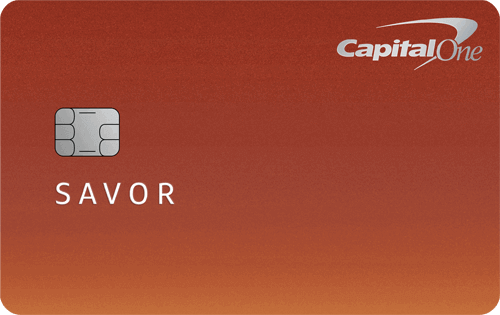Joyce Brown, WalletHub Credit Card Analyst
@j.brown
The credit limit for a first credit card is usually $200 to $1,000, depending on the card you get and your credit score. People who've built good credit (700 or higher) with loans or as authorized users and people with a lot of income can get higher starting limits compared to those with limited or no credit history.
Key Things to Know About Your First Credit Card Limit
Average credit card limits
The average credit card limit for new accounts is $5,628, according to TransUnion data from 2024. But there is no exact data on the average/usual credit card limit for people that have limited credit history.
Get a higher initial credit limit
It is possible to get a higher initial credit limit by applying for a secured credit card. In this case, the security deposit will serve as your credit limit. And for some cards you can put as much as $1,000, or even higher. You can also get a higher credit limit if you’re listed as an authorized user on a card with a stellar credit history.
Get a credit limit increase
Many credit card issuers review accounts regularly and raise credit limits automatically if the account is in good standing. So, in order to get a credit limit increase, make sure you use your credit card responsibly. That means paying your bill on time every month and keeping your credit utilization below 30%. You may also request a credit limit directly with the issuer, usually after at least 6 months of opening the account.
The initial credit limit that you will get depends on several factors, such as your credit score and income. So, if you have a limited credit history, it’s hard to get a high credit line. But once you start building your credit, you will have a better chance at getting a higher credit limit.
If you already have a mortgage or loan in your name, you may be extended a more generous credit limit. But this will only happen if you’ve managed the previous accounts responsibly. If you’d like to know where you stand, you can check your credit score for free, right here on WalletHub.

People also ask
Did we answer your question?
Important Disclosures
Ad Disclosure: Certain offers that appear on this site originate from paying advertisers. For full transparency, here is a list of our current advertisers.
Advertisers compensate WalletHub when you click on a link, or your application is approved, or your account is opened. Advertising impacts how and where offers appear on this site (including, for example, the order in which they appear and their prevalence). At WalletHub we try to present a wide array of offers, but our offers do not represent all financial services companies or products.
Advertising enables WalletHub to provide you proprietary tools, services, and content at no charge. Advertising does not impact WalletHub's editorial content including our best picks, reviews, ratings and opinions. Those are completely independent and not provided, commissioned, or endorsed by any company, as our editors follow a strict editorial policy.


